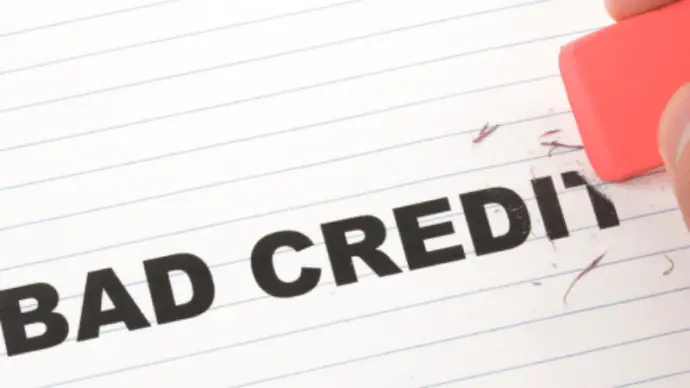Credit scores and credit reports are elusive concepts. It is very important to understand each concept including how the credit score is calculated. Equally important is to know that your credit report reveals. You have an obligation to pay off debts to avoid accruing them.
Additionally, understanding your credit score and credit report for current and potential borrowers is necessary. Here are some wrong ways you might be thinking about credit.
Using prepaid and debit cards boosts credit score
These are not reported to credit bureaus making them not having an effect on your credit score. When unable to obtain a credit card but looking forward to boosting your credit, a secured credit card is a better option.
This requires having collateral including a car, expensive jewelry, or a bank account. Using a secured card responsibly might improve your credit score over time. Then, you can apply to get an unsecured credit card.
Closing a credit card improves the credit score
Stopping to use a credit card is less likely to improve your credit score after closing the account. Determining credit score ignores how much credit is available but considers your credit utilization ratio. Closing an unused account lessens total credit available making the credit utilization go up.
Keep in mind the high temptation to spend when you have an unused card is very. So, closing the account saves you in the long run.
Credit report checks hurt credit score
An inquiry notation goes on your credit report whenever you check your file. This doesn’t hurt your credit score as most people believe. This only happens when related to a credit application you have submitted. You are likely not to successfully applying for a credit card or a loan.
With a fall in credit scores since the application implies growing your debt. Looking at your credit report leads to an inquiry without an effect on your score. Checking your report shows responsible credit management. It also determines whether to get bad credit help.
Single credit score
Determining a credit score for people in various situations doesn’t require a single formula. There are various scoring models in the credit market place. This means that you can have multiple credit scores depending on the model used.
Lenders and other people might check your credit score depending on each situation. And, each formula checks your credit history differently to give different weight considering particular factors.
Credit bureaus determine your score
The responsibility of credit bureaus is to collect information regarding your debts and using it to give you a credit score. These measure your credit risk by giving you a good or bad score. Lenders use this information to determine whether you meet their criteria to get credit. Additionally, credit scores help in decision making.
Getting a good score is worthless without a job or some assets. Alternatively, having a lot of wealth doesn’t protect you from getting a bad score.
A good job improves your score
Your income and job position don’t affect credit scores directly. The scores depend on the information in your credit report. This contains information regarding how you use credit and manage debt. However, the credit report doesn’t have details about your income. It might also not indicate whether you are employed.
So, your employment situation doesn’t affect your score in terms of the ability to pay debts. When applying for credit, lenders never ask about your income.
Lovebirds get a joint credit report
Married couples or those dating can’t have a joint credit report. Regardless of your relationship status, everyone gets own credit report according to the Social Security number. Joint accounts for marrieds are only for car loans, mortgages, and credit card accounts.
These joint items appear on each of everyone’s credit report and affect credit score. However, each one gets one credit report.
Paying debts cleans credit report
To pay debts is eliminating your obligations but it doesn’t clean your debit report. The evidence sticks in the report for years. Paying debts in time fully show responsible use of credit in the report. However, missing payments, making late payments, or defaulting puts you in a bad light. This negative information will stick in your credit report for about 7 years. Keep in mind that bankruptcy might stay in your credit report for about 10 years.
Check credit report when having credit problems
You have to check your credit report about once annually. There is a possibility of items showing up in your report erroneously. Monitoring your 3 credit reports allows detecting such errors. Luckily, you are entitled to a copy of each credit report after 12 months. Use this chance to check for that might reflect in your credit history.
Bottom line
Understanding the credit reports and scores is very important for appropriate credit management. Dispelling wrong beliefs about credit is the first step. And, you can always enlist a credit repair company to help put your credit score in order.





